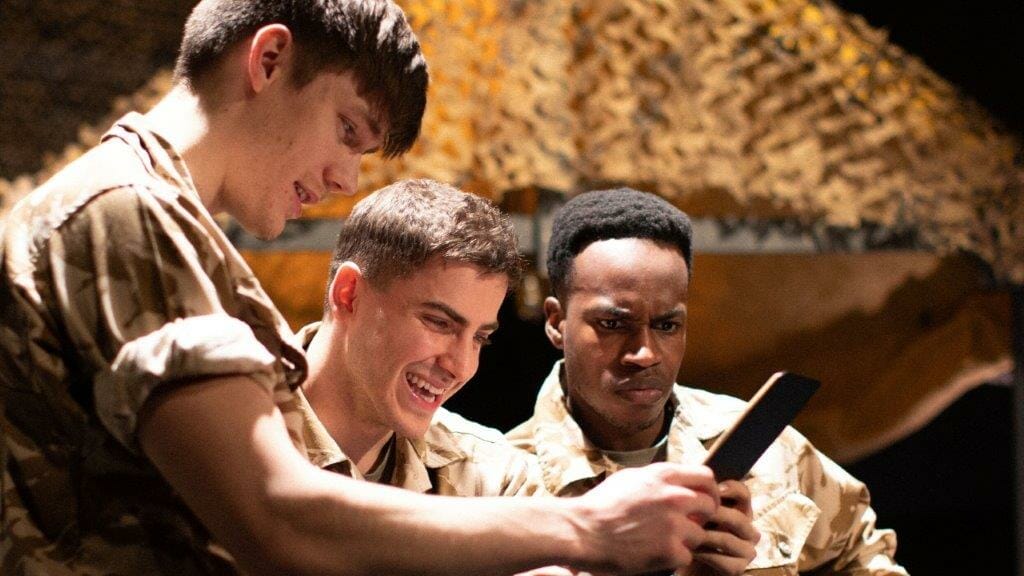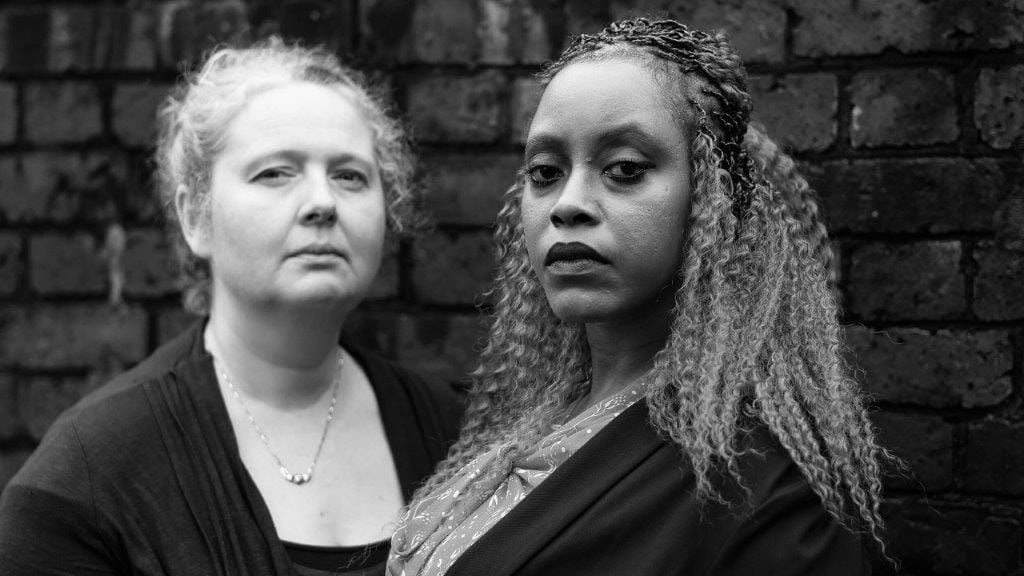Drawing tense parallels between Black Lives Matter and the Civil Rights Movement, Amiri Baraka’s Dutchman asks how much change, if any, has occurred?
Dutchman challenges the progress of racial equality in the last 50 years, revealing contemporary race relations. Following Lula, a white woman, and Clay, a black man, Dutchman explores the intersectionality between race, class and gender.
This explosive narrative tackles white privilege, masculinity, power and sexuality as the audience follows the relationship between Lula, played by Cheska Hill-Wood and Clay, performed by American Black Film Festival nominee James Barnes.
This Black History Month, this revival celebrates Baraka’s civil rights activism and his confrontation of race and class in modern society. Baraka’s activism and pioneering AfricanAmerican poetry altered the course of American literature and shone a light on the lives and artistic culture of African Americans in the 20th century.
Director Kaitlin Argeaux comments “I used to say “I don’t see race”, I don’t see “colour”, as I believed the colour of one’s skin shouldn’t matter. But this was my white privilege at work. To “not see colour” is a privilege afforded mainly to Caucasians. Baraka’s rage in the text is palpable, and it was written in 1964. 55 years later, and what has changed, really?
Outer Gaea Company co-founder James Scotland says “Dutchman celebrates the individuality of black men, which is often ignored or moulded into something more palatable – by black & white communities alike. I’ve always felt the true casualty of so many social issues, is the innocence of young people, which is no longer allowed to flourish.”
Dutchman is at The Tristan Bates Theatre 8th – 26th October 2019.

















